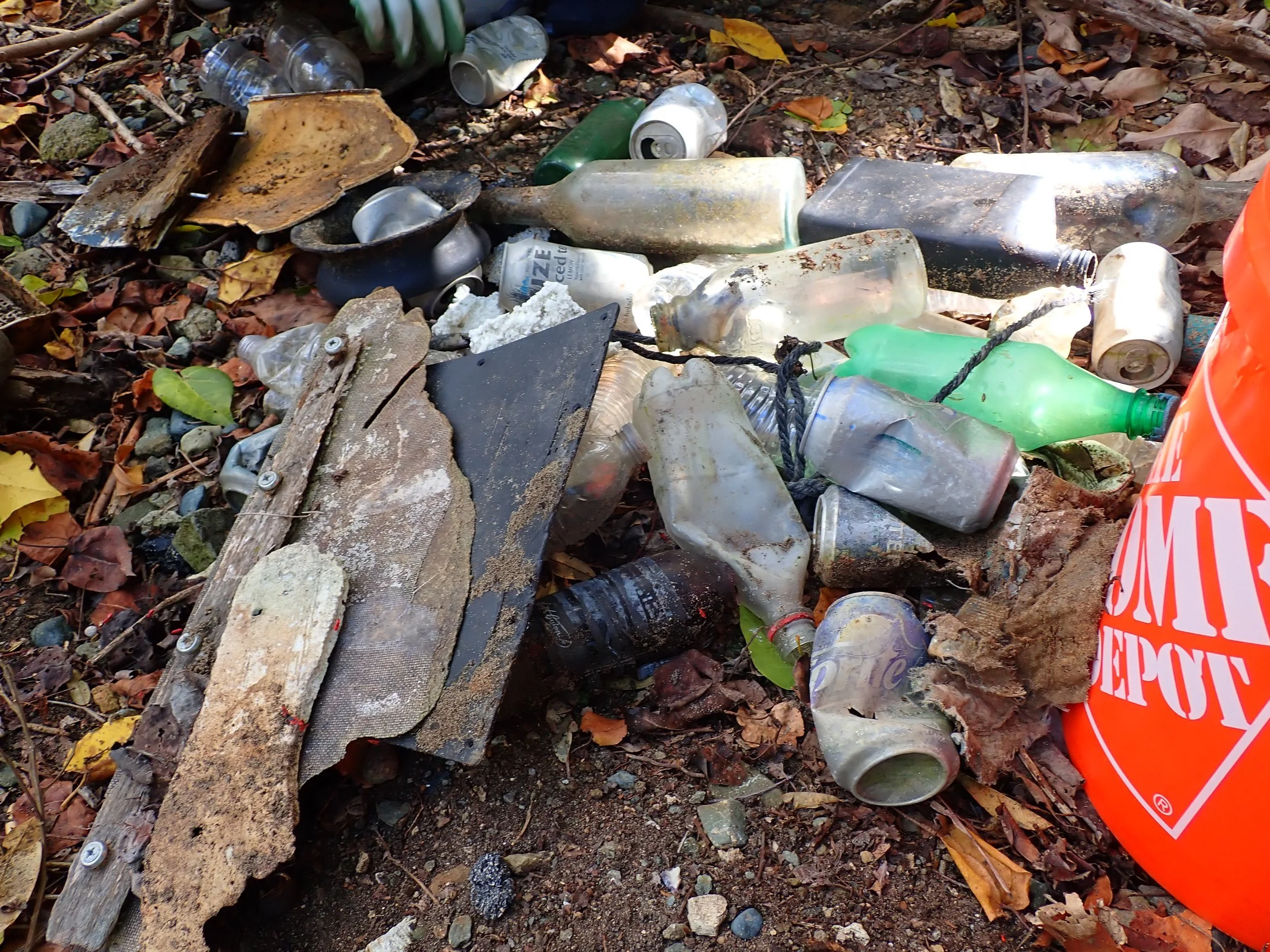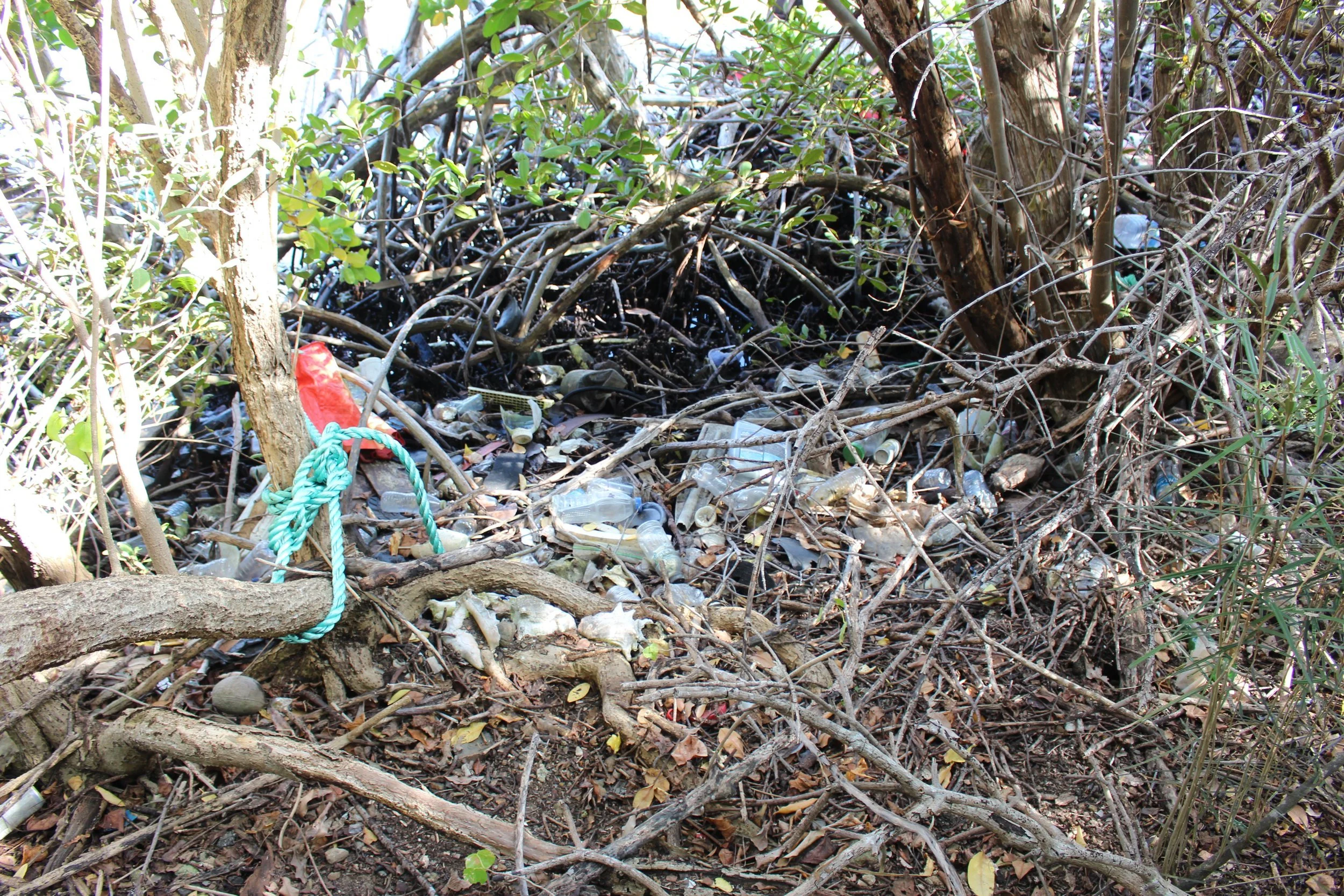Join us on May 13 from 9 am – noon in Coral Bay as we work to haul mangrove marine debris away.
Read MoreJoin us on May 10 from 9 am - noon for the Steven Cay, St. John Cleanup
Read MoreJoin us on March 25 from 9 am - noon for the Ruth Cay Cleanup
Read MoreOn April 1 from 9 aM – noon, come say hey and help us get the marine trash out of Vessup Bay!
Read MoreJoin us March 26th from 9 am - noon to get the marine debris out of the trees at Altona Lagoon.
Read MoreJoin us on March 25 from 9 am - noon for the Ruth Cay Cleanup
Read More





